ELTE Research Centre for the Humanities | 1097 Budapest, Tóth Kálmán utca 4. | HU15854939

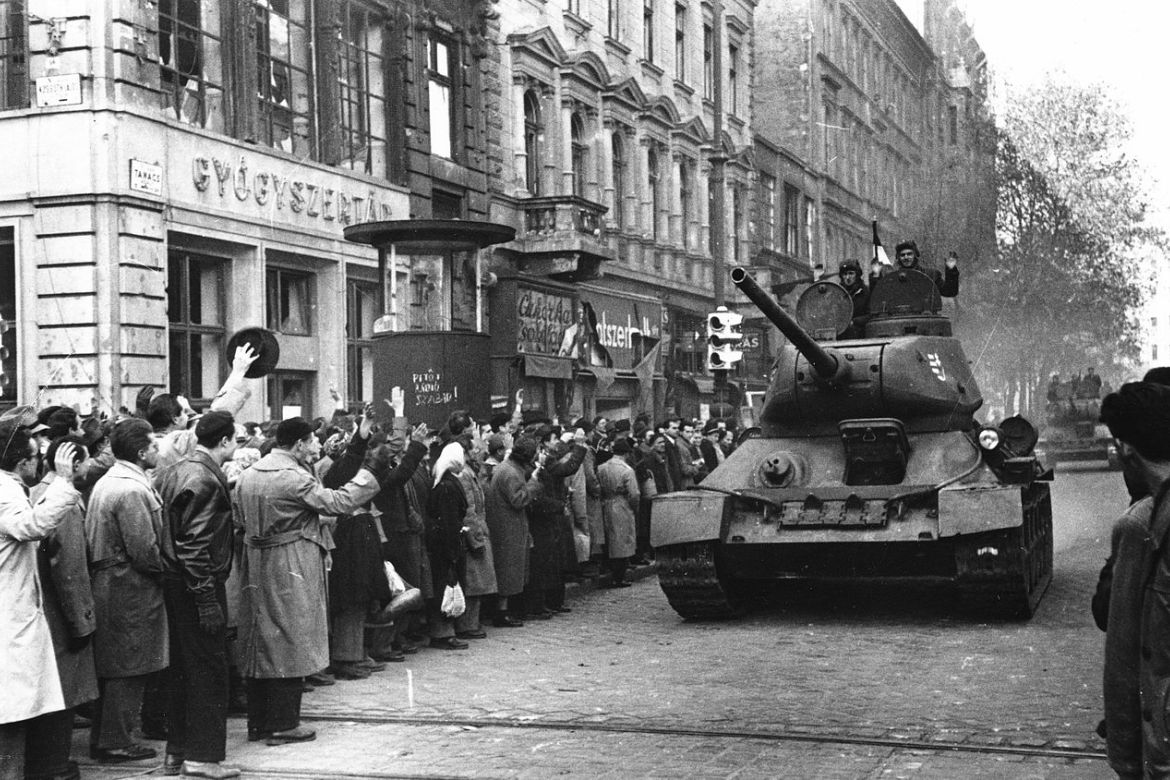
Gusztáv D. Kecskés, Research Professor at our institute, has published a monograph entitled Humanitarian Campaign on a Global Scale: The International Red Cross and the 1956 Hungarian Refugees, which can be downloaded from the website of the Wilson Center (Washington).
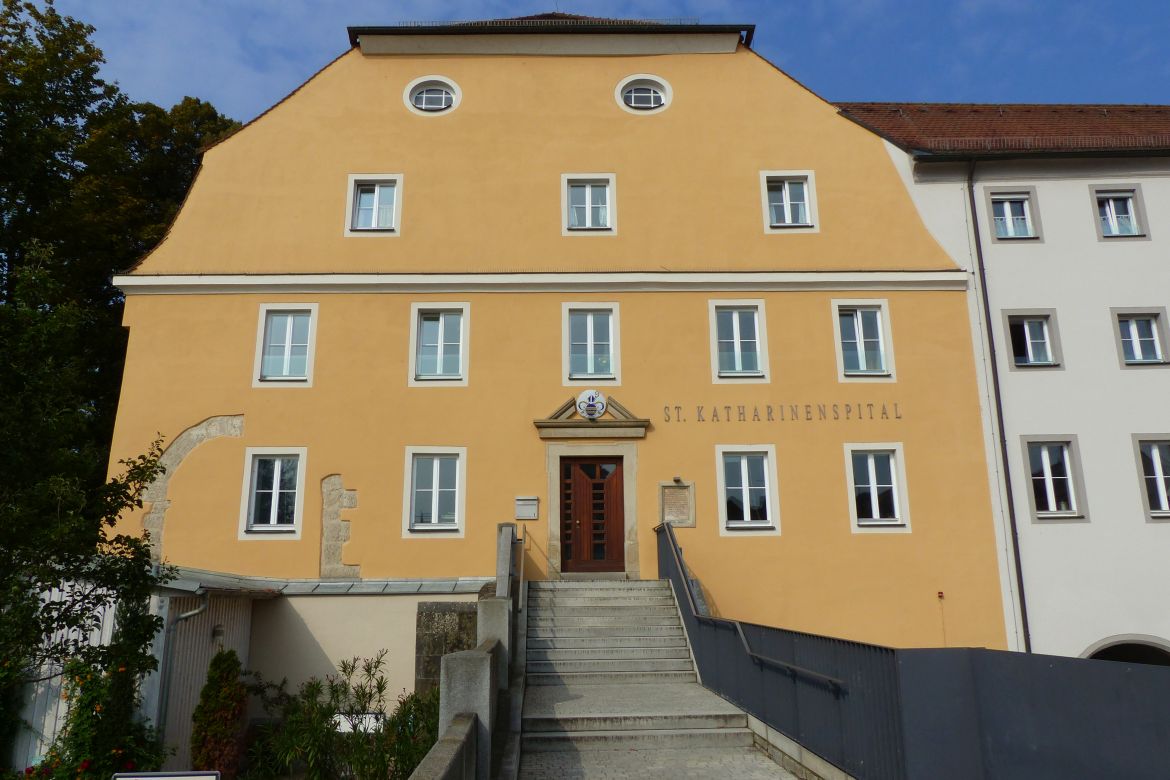
Janka Kovács, a postdoctoral researcher at our institute, participated in a bilingual workshop on hospital history in Regensburg, Germany, from 6-9 October 2024.
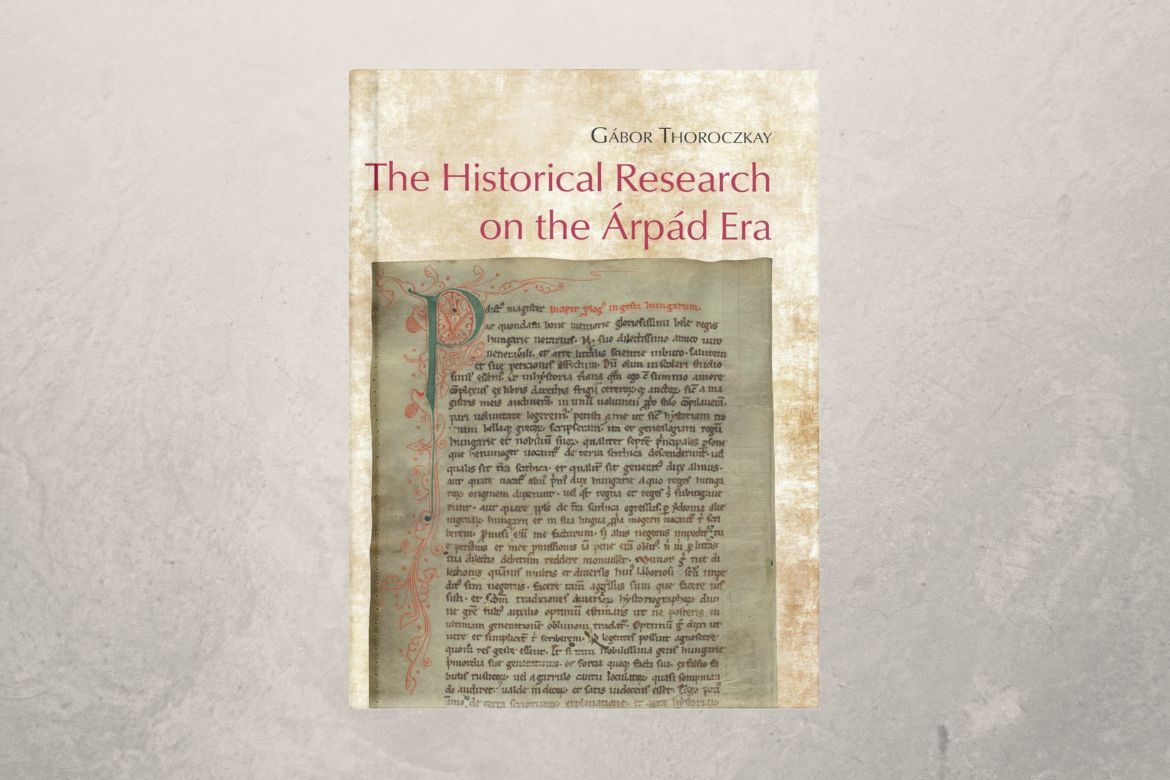
The Historical Research on the Árpád Era – From the Austro-Hungarian Compromise (1867) to the Present Day a monograph in English by Gábor Thoroczkay, Associate Professor of the Department of Medieval History at ELTE, has been published as the 17th volume of the Arpadiana series.
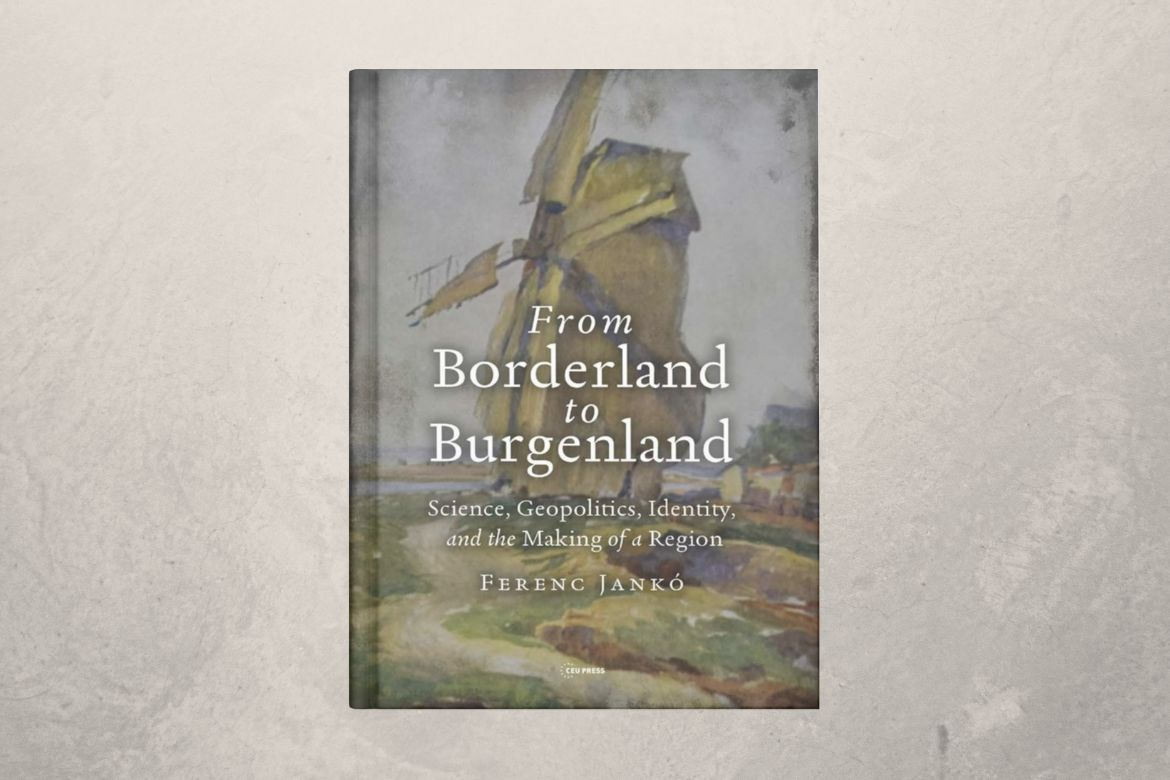
The book From Borderland to Burgenland. Science, Geopolitics, Identity, and the Making of a Region by Ferenc Jankó, geographer and member of the Ten Generations Research Group was published by CEU Press.
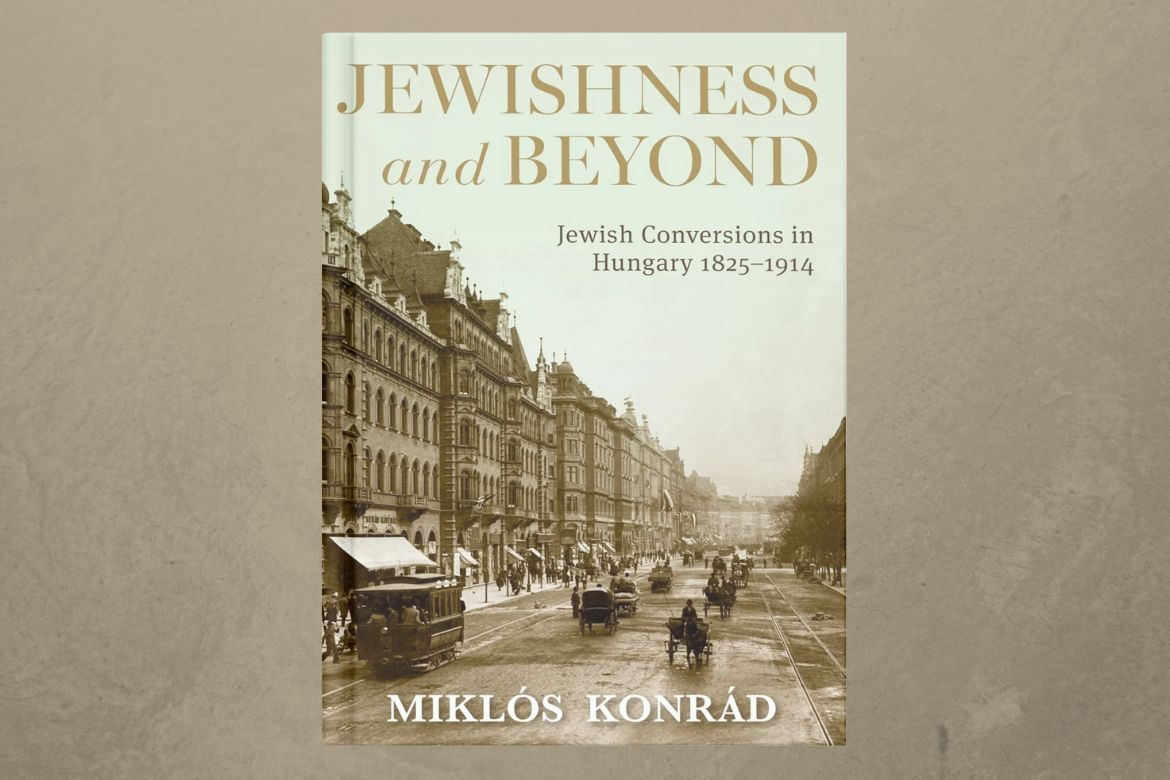
The monograph Jewishness and Beyond. Jewish Conversions in Hungary 1825-1914 by Miklós Konrád, Senior Research Fellow of our institute, has been published by Indiana University Press.
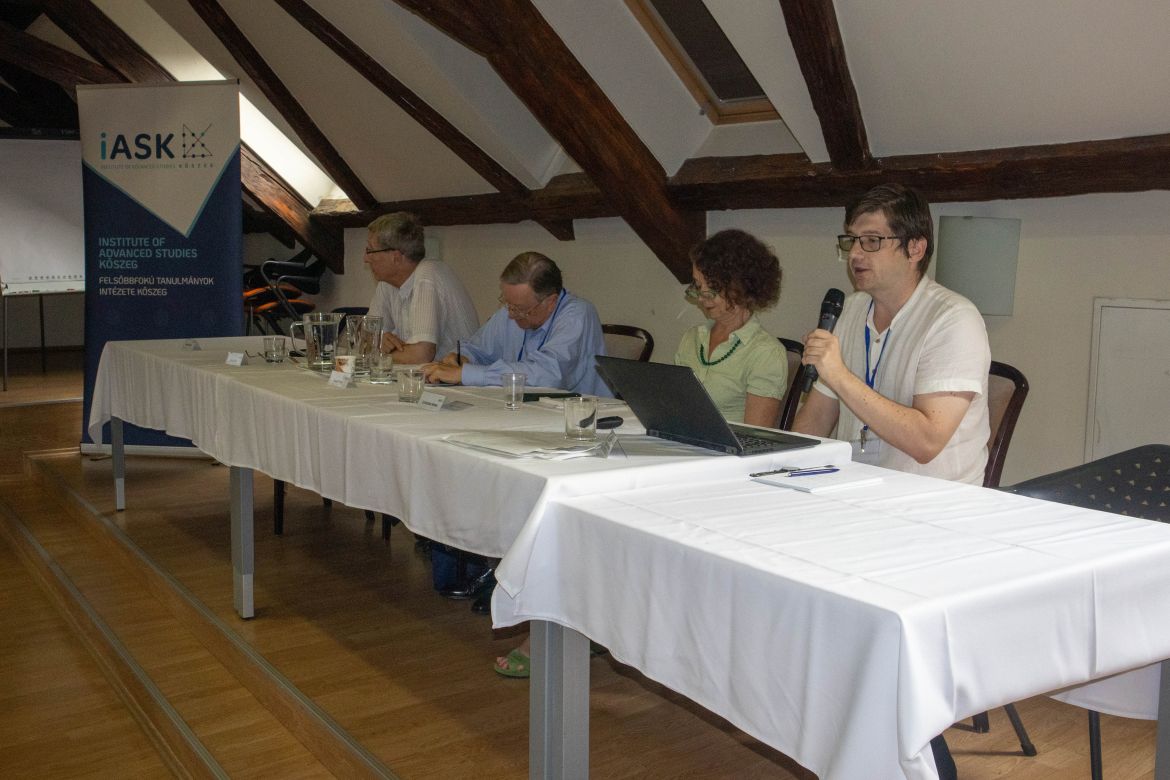
Gábor Demeter, senior research fellow of our institute, was invited by the Institute of Advanced Studies (iASK) of Kőszeg to give a lecture in English on the current political situation in the Balkans and historical analogies on 26 June 2024 in Kőszeg.
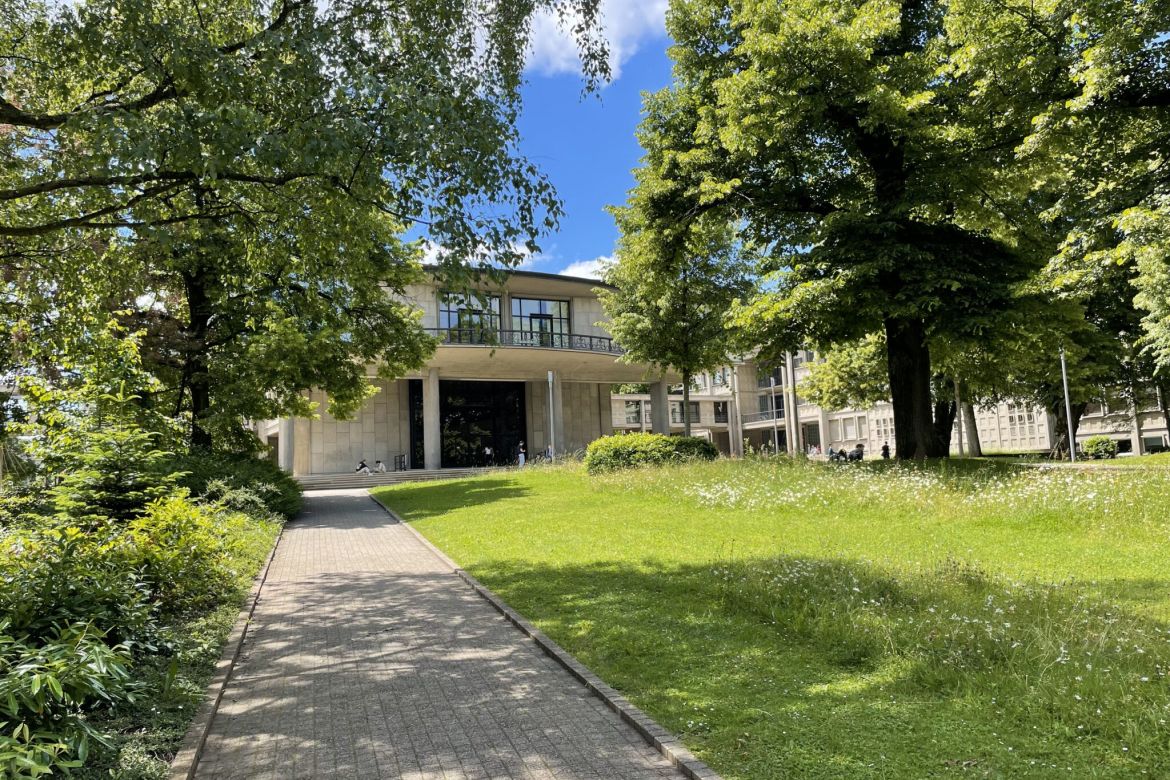
On 10-11 June, École Française de Rome, Université Paris 1 Panthéon-Sorbonne and University of Fribourg organised the second event of a three-stage conference series examining the relationship between Catholicism and anti-communism.
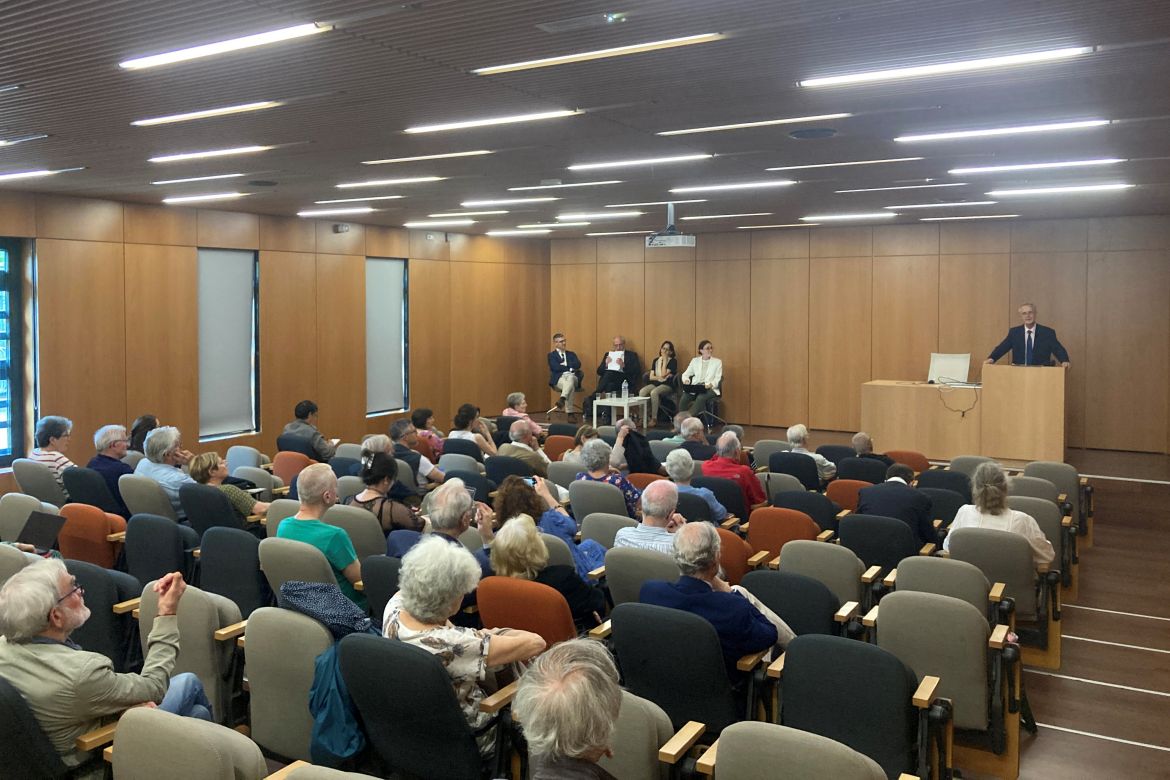
On 5-7 June, András Fejérdy, PI, and Przemysław Pazik, postdoctoral researcher of the ERC project Sovereignty, participated in the international conference organised in the framework of the ANR project GLOBALVAT.

At the invitation of the University of Toronto and the University of Ottawa, Attila Pók (professor emeritus, Institute of History, HUN-REN Research Centre for the Humanities) gave several lectures in Canada between 1 and 6 April 2024.
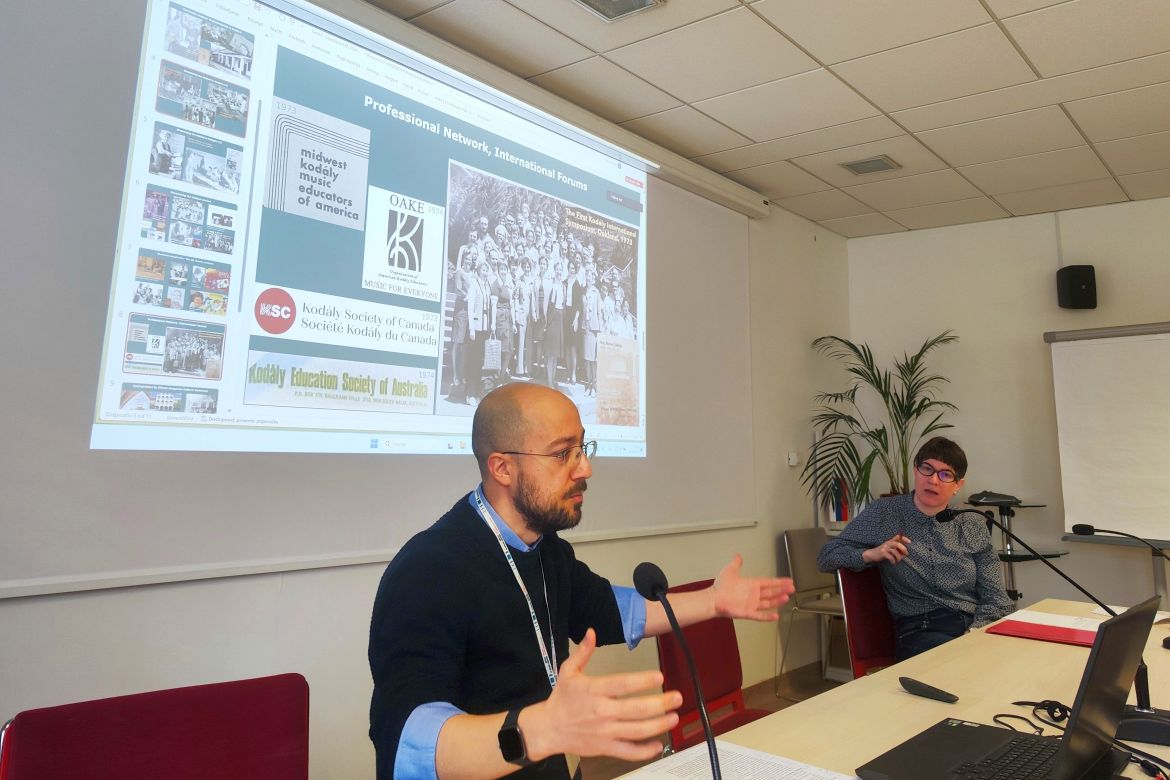
Szabolcs László, a research fellow at our institute specializing on the history of the Cold War, participated in the workshop entitled International Friendship within and beyond the Iron Curtain, organized by the Institute of Contemporary History in Ljubljana, between April 18-19.
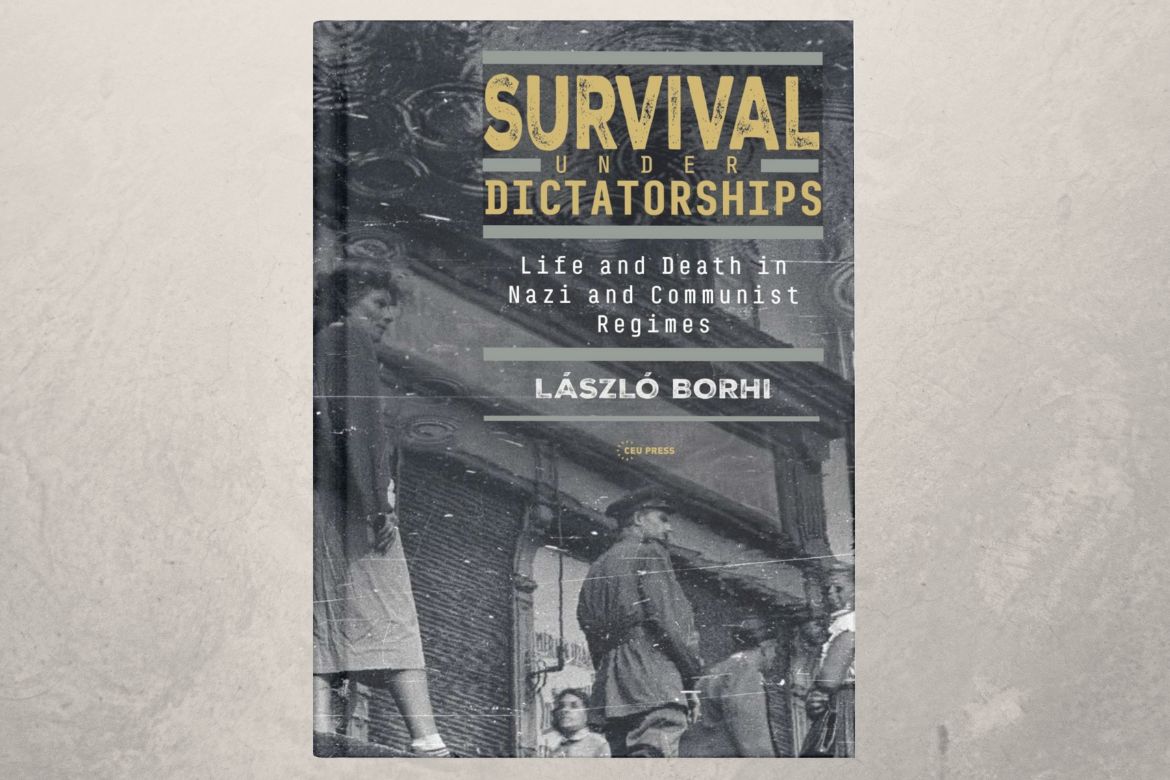
A complex array of individual responses to the abuse of power by the state in three horrific episodes in the history of East-Central Europe is represented in László Borhi's book Survival under Dictatorships. Life and Death in Nazi and Communist Regimes.

A new researcher joined the project NKFI FK 132 609, Consortional assoc.: Exploration of cadastral surveys (tapu defter) of Ottoman Hungary and the periphery of the occupied region II. Dino Mujadžević is a senior researcher at the Department for History of Slavonia, Srijem and Baranja, Croatian Institute of History.
You can find our previous articles in the News Archive.